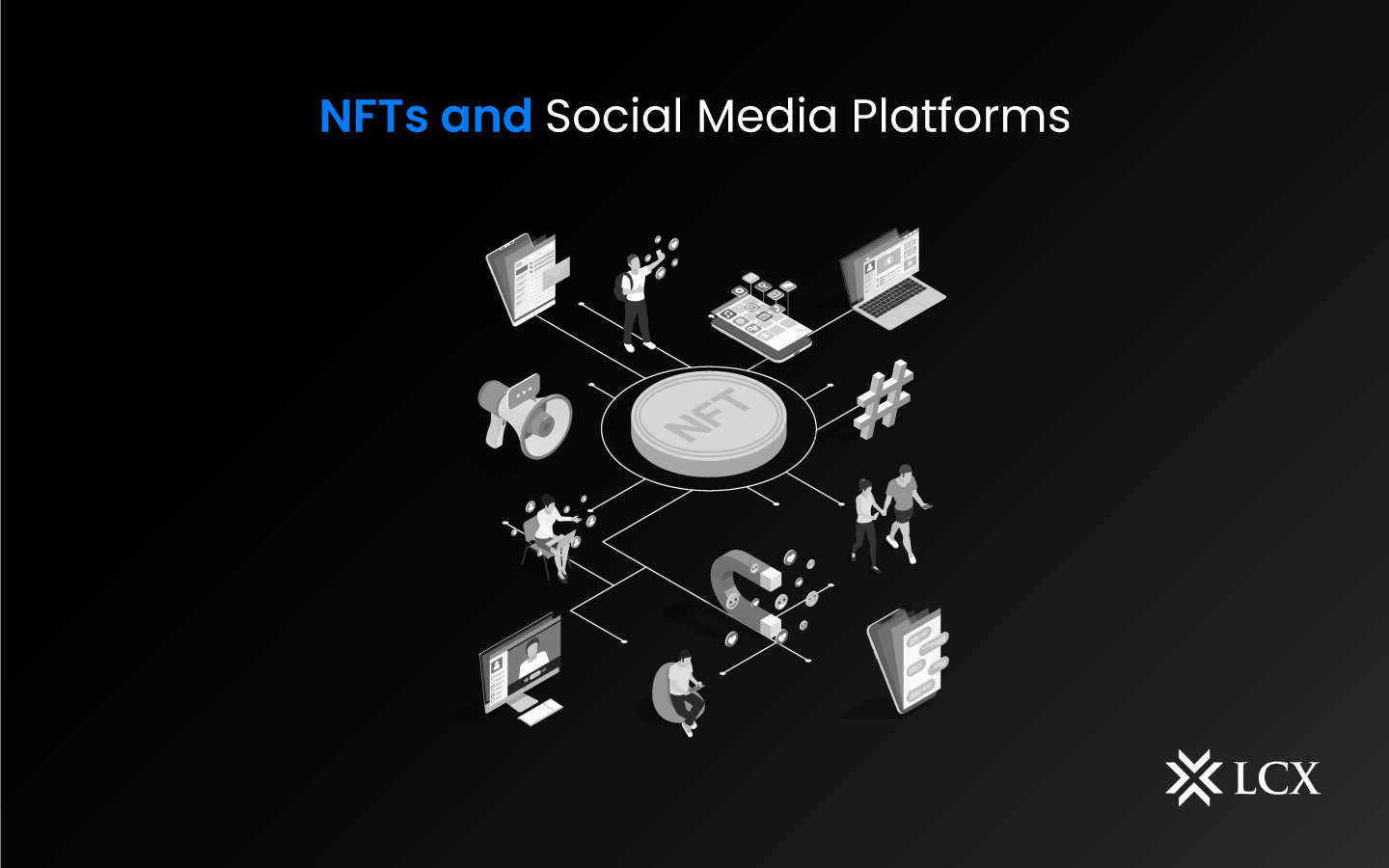Women in Crypto Q&A: Roshni Cox Compares Web3 to ‘Inception’

Roshni Cox is the COO of Hellebore Broadcasting Company, an NFT powered play to serve sports prediction and e-commerce marketplace. Cox — who previously held roles at The Walt Disney Company, ESPN, DirecTV and Sprint — said her entry into the crypto world was “serendipity” and that she had to “crash course my way into understanding the bleeding edge of innovation.”
Retirement at all ages: Get retirement tips to suit all stages of life
Looking to diversify in a bear market? Consider these 6 alternative investments
Cox talked to us about how the Web3 space is “like that scene in the movie ‘Inception’, when the characters learn to build the dream world together and Leonardo DiCaprio describes the process as ‘pure creation.’ Web3 is pure creation. And I love it.”
She also talked about how women’s participation in the space is increasing, especially in technology roles, development and creation — “which is what’s needed right now.”
How did you get into the crypto industry?
RC: It was serendipitous, actually, and a lot of good timing. The company I worked for previously focused on sports; and with NFTs growing into prominent positions at the time, that company really got into NFTs and all the value and sense of community they represent. It was a fast moving car in terms of understanding this technology. Everything is fast, fast, fast. But I really enjoyed this fast pace. Every role I’ve taken in my career has had something to do with a rapidly emerging technology, including when I was at ESPN establishing a new social media audience on new platforms of its time. So I’m used to having to have a crash course in understanding the bleeding edge of innovation.
Live Richer Podcast: Unexpected ways losing a spouse can affect your finances and retirement
Can you describe what you do in your current role?
RC: On Hellebore, well, that’s all. It is a startup after all. My role consists of product development, marketing, recruitment, brand development, sales strategy — you name it. I’m in operations, and in operations you deal with just about everything. So I have my hands in all aspects of the business. This is typical of life in a startup, and it’s so rewarding because you get such an intimate, hands-on influence over the trajectory of the business. I find this incredibly rewarding, and it’s even more so given that I work in a space – Web3 – that is perhaps the fastest growing technology in human history.
How have your previous roles shaped what you do?
RC: Unbelievably so. Every role I’ve been in has felt startup-like. It’s always felt like I’ve started from scratch with new technologies and brought them to a mass audience. Although I have been in more established companies, it is the idea-driven projects that are the real challenge. You need to find advocates for your idea and the ground-breaking work you do. This is hard to do, but I love the challenge.
What excites you most about the room?
RC: It’s about the unknown. When the Web2 Internet started, we didn’t know where it would take us. It’s the same feeling with the Web3 space now. It’s like that scene in the movie “Inception”, when the characters learn to build the dream world together and Leonardo DiCaprio describes the process as “pure creation”. Web3 is pure creation. And I love it.
What do you think should be changed in the room?
RC: I didn’t want to say the word “change”. It’s more about education. This industry is so nascent and futuristic, but everything is also happening now, in real time. So it’s about getting people to try out this technology, get comfortable with it and learn. It’s like the early era of apps, like a decade ago, when people got comfortable using an app to order food or post a family photo. We are at the forefront of the next level of making our lives faster and easier. And new technology always initially creates a certain amount of fear and hesitation. But once you get past the initial hesitation, that’s when mass adoption happens.
Can you talk about how the industry is male-dominated and what can be done to change this?
RC: I know there is a perception that this industry is male-dominated, but I actually see more and more women getting involved and leading. In fact, I’m seeing more and more women in tech roles, actually developing and creating, which is what’s needed right now. And as this participation increases, the stereotype that Web3 is only for men will end. The industry was meant to be inclusive and I see more and more women getting involved every day.
What can be done to make the industry more inclusive?
RC: What is interesting is that there is so much anonymity in the room that you often do not know whether you are working with a woman or a man. This new technology can be so anonymous – and therefore not gender specific – that you focus more on the person’s skills rather than their gender. Sometimes I see random avatars and I have no idea about the gender and background, and then later I find out that this person is a woman. This type of anonymity actually helps create a level playing field. And I think this can be very empowering, especially compared to traditional industries.
Why do you think crypto is important?
RC: Blockchain technology matters most for the next generation. I hardly have an opinion that it matters to me because the impact will be felt most by the coming generation. In fact, they will be the mainstream users of blockchain technology and they will be the people who will benefit from this technology on a daily basis. We build for them.
Anything else you’d like to add?
RC: I just want to add that I am very excited about the possibilities. It is very exciting to be in a room where you can dream about something and actually bring it to life in a relatively short time. Things that a few months ago we might have thought were impossible can in a very short time actually be made possible. It moves as fast as this because the technology benefits all users because crypto and blockchain technology are effectively designed to benefit the individual and society rather than a corporation. This is about decentralization and how this type of human organization is designed to benefit communities of people so that they can grow together in a more organic way.
More from GOBankingRates


